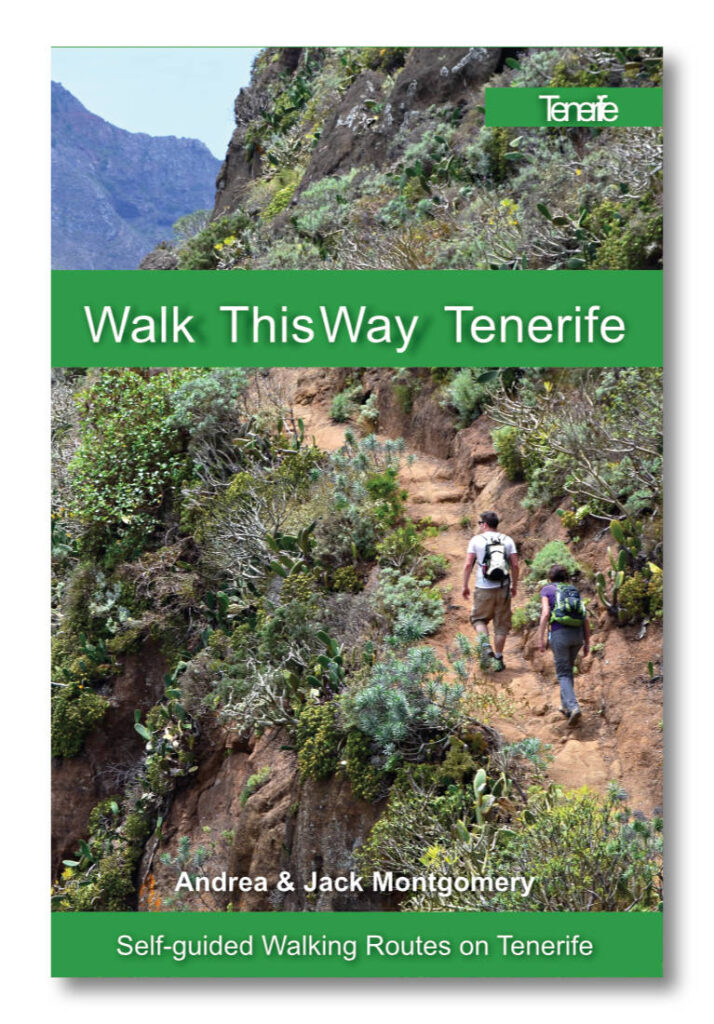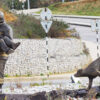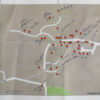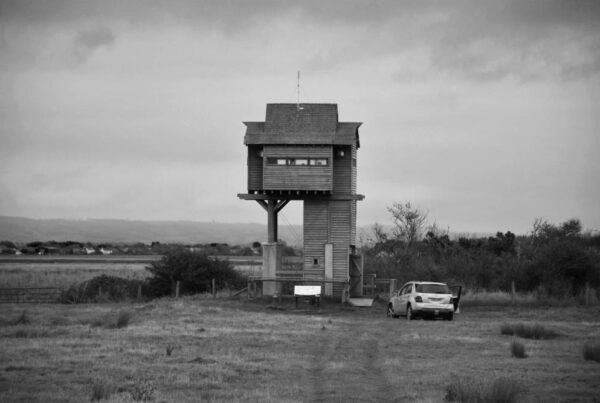‘That’s one small step for man, one giant leap for mankind.’
Neil’s earpiece crackles, and an apologetic voice from mission control says, ‘Sorry, Neil, you’re going to have to shimmy back up the ladder and do it again.’
‘WHAT? Why?’
‘We’ve got a problem with the words, they’re not inclusive.’
If Neil Armstrong were taking those first steps on the Moon today, he’d have to rethink that historic quote. Maybe it would be, ‘That’s one small step for humanity, one giant leap for humankind.’
The world changes, society changes, language, and what is acceptable usage and what isn’t, changes. Some of the words and phrases we grew up casually throwing around without a second’s thought have become furtive outcasts. It happens to every generation. Gen Z’s children will be castigating their parents for some of the language they use today, you can be sure of that.
Writing practices
Writing involves keeping up to date with developments in the usage of language. This week, I received an email with guidance about how to write more inclusively. It’s up to individual writers whether they accept or reject trending advice. Sometimes I follow it, sometimes I don’t, as is the case with the use of sensitivity readers. It’s a commendable idea in theory. In reality, it’s a practice which can be arbitrary and problematic.
Inclusivity is a different matter. There are words and terms which are divisive, which only serve to exclude. Most people know what many of these are. But in a constantly changing world, inclusivity in writing can be a minefield to negotiate.
Examples of inclusivity in writing
The email had some salient points, but it also had me cringing. It advocated using ‘older people’ instead of seniors. That makes sense. But then, instead of using ‘fat people’ it suggested ‘people who have a higher weight.’ That’s just terrible … and clumsy. It’s bad writing.
The word crazy is also out. Listening to the news in the morning, you should no longer declare ‘The world has gone crazy.’ The inclusivity advice suggested using words like ‘awesome’ instead. Shouting ‘The world has gone awesome’ really doesn’t work. Trouble is, when I try to think of an alternative, the first words which pop into my head are ‘nuts,’ ‘mad,’ ‘mental,’ and ‘insane.’ Thesaurus suggests alternatives such as ‘silly,’ ‘atypical,’ ‘erratic,’ and so on, none of which cut the mustard. ‘The world has gone silly.’ Oh, come on.
And there-in lies a massive problem with dishing out advice regarding what not to say, you have to have credible alternatives. The replacement words and terms often suggested would result in text that was clunky at best, unreadable at worst.
Thankfully, there are also style guides dedicated to inclusivity, and these can be more helpful for writers. Bristol University has a comprehensive one which covers areas such as age, disability, ethnicity, religion, sex and gender etc. I find it helpful as a general guide; although, I wouldn’t follow it to the letter of the law. I’ve already strayed from its guidance in this piece by using generational terms, which I find is ironic as generational labels are a product of academia in the first place.
But it does provide much food for thought. For example, it warns against asking people for their Christian names. The reason is obvious, but it’s an example of terminology we might use without thinking. Then there are other examples which seem more trivial, such as terms like ‘80 years young’. It’s not a phrase I’d use myself, but most of the times I’ve heard it employed is by people referring to themselves. Who’s going to pull up someone in that scenario? Let me think of a word to describe them. Hmm, the only ones I can think of probably wouldn’t be suitable for a piece about inclusive language.












